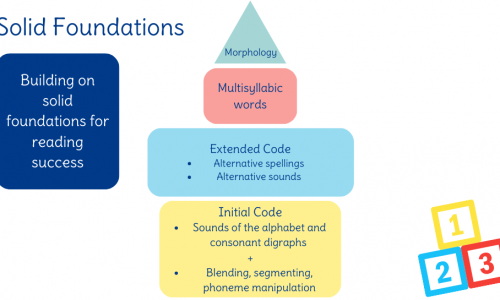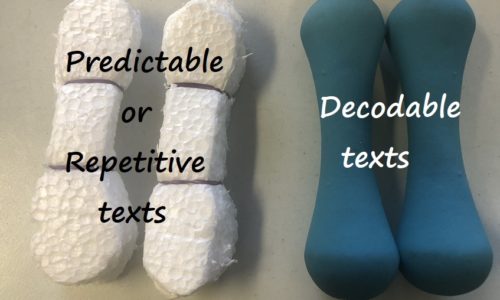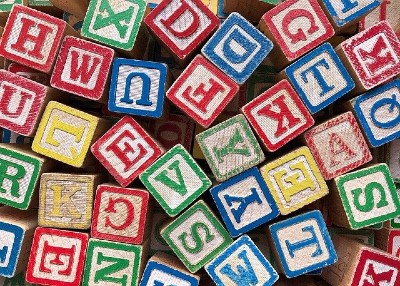
On many occasions, especially at conferences, teachers have said to us, “You have gone ahead and done what I always dreamed of doing!” They describe how every lesson they write decodable stories for their pupils and thought what a good idea it would be to actually publish them! Well, that is how Phonic Books got […]
Read More




